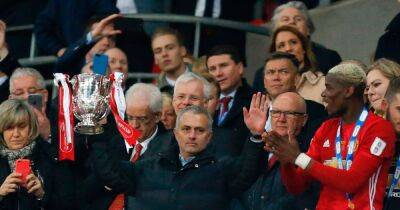Has the rise in stakeholders in cricket democratized the game?
In his “Spirit of Cricket” lecture to the Marylebone Cricket Club at Lords last week, former England captain Sir Andrew Strauss addressed the macho-male dressing room culture and language, the growth of women’s cricket and that of T20 franchise cricket.
The annual lecture provides a focal point for reflection on the state of the game by one person. There have been 20 previous lectures, all by men, mainly former pre-eminent cricketers.
Strauss spoke positively about franchise cricket. His view is that it has “democratized” the game, arguing that it has “never been more popular or diverse.” He went on to suggest that “no one controls the game anymore, not even the Board of Control for Cricket in India,” on the basis that there are too many stakeholders.
Readers of previous columns will be aware that the increase in the number and power of stakeholders is a recurrent theme. The claim that democratization is a result of this demands a closer look. It does depend on one’s definition of democracy. Abraham Lincoln viewed it as a government “of the people, by the people, and for the people.” It is a concept that has been misused, misinterpreted, misrepresented and abused over time.
What its myriad applications have in common is that the people are supposed to have some say, power and authority in the political process. Evidence is all around that this privilege is under pressure.
In the world of cricket, it does not appear that the people have ever had much power, other than to make the simple decision to pay for the opportunity to watch, either in person or, more latterly, on screen. They can also decide to bet on matches. Historically, power has been vested in unelected national cricket boards, in unelected sponsors, in






